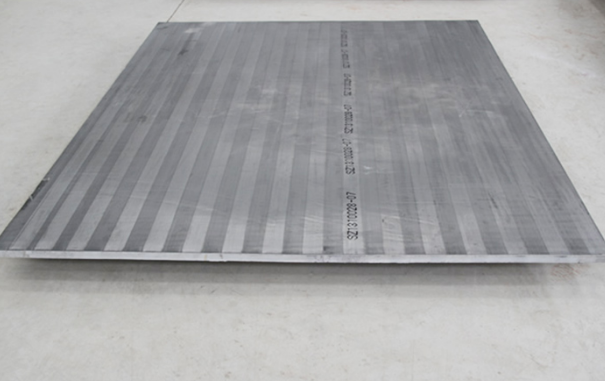Titanium is celebrated for its lightweight yet robust nature. It boasts an exceptional strength-to-weight ratio, which makes it indispensable in industries like aerospace and medicine. Titanium also resists corrosion effectively, even in saltwater environments, and is biocompatible, meaning it's safe for use inside the human body. Its heat resistance allows it to perform in high-temperature applications without compromising integrity.
Stainless steel, a versatile and durable material, is prized for its corrosion resistance and aesthetic appeal. Composed primarily of iron, chromium, and nickel, it offers a balance of strength and malleability. Its shiny surface and ability to withstand wear make it ideal for architectural and household applications, ranging from bridges to kitchen appliances.
One of the starkest differences between titanium and stainless steel lies in their weight. Titanium is approximately 40% lighter than stainless steel, making it advantageous in applications where weight is a critical factor. However, both materials exhibit impressive tensile strength, with titanium slightly outperforming stainless steel under extreme stress.

Both materials resist corrosion, but titanium has the upper hand in extreme conditions, such as marine environments or chemical exposure. Stainless steel, while resistant to rust in most cases, can succumb to pitting and crevice corrosion over time.
Titanium steel is significantly more expensive to produce and process than stainless steel, which is reflected in its market price. However, its longevity and low maintenance often offset the initial investment, especially in demanding applications. Stainless steel, on the other hand, offers a cost-effective solution for projects with tighter budgets.
Titanium is widely used in aerospace, medical implants, and marine environments, where its lightweight and non-corrosive properties shine. Stainless steel dominates in construction, transportation, and consumer goods due to its durability, affordability, and aesthetic appeal.
When considering sustainability, both metals are recyclable, but titanium production requires significantly more energy. Stainless steel, with its lower production energy demands, often has a smaller environmental footprint.
Choosing between titanium plate and stainless steel ultimately depends on your project's requirements. If weight, corrosion resistance, and biocompatibility are priorities, titanium is the clear winner. For cost-effective and versatile solutions, stainless steel remains unmatched.
For further information or inquiries, feel free to contact us. As a leading supplier of high-quality metal materials, we are here to assist you in making the best choice.
1. What are the key differences between titanium and stainless steel?
Titanium is lighter, stronger, and more corrosion-resistant, while stainless steel is cost-effective and versatile.
2. Which is better for medical applications?
Titanium is the preferred choice due to its biocompatibility.
3. How do their costs compare?
Titanium is more expensive to produce but offers long-term value in specific applications.
4. Can titanium replace stainless steel in all industries?
No, as stainless steel's affordability and versatility make it indispensable in certain sectors.
5. What are the recyclability benefits of both metals?
Both metals are recyclable, though stainless steel is often more energy-efficient to recycle.
6. How can I choose the right supplier for titanium or stainless steel products?
Look for a supplier with experience, quality certifications, and a strong reputation in your industry.
7. Is titanium plate better than stainless steel?
The modulus of elasticity of titanium based alloys is such lower and closer to that of the bone when compared to Stainless Steel and hence they are more preferred for long term applications. Since Titanium material cost more, Titanium coat over the Stainless steel can be used as an alternative for tibia fracture.